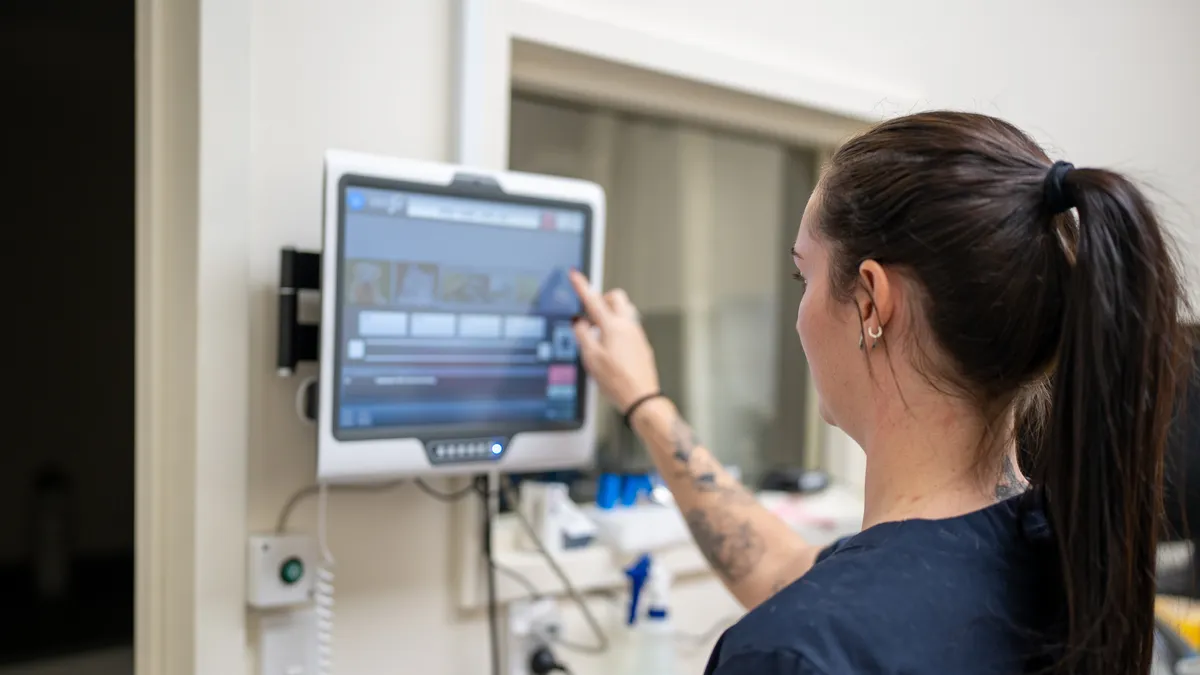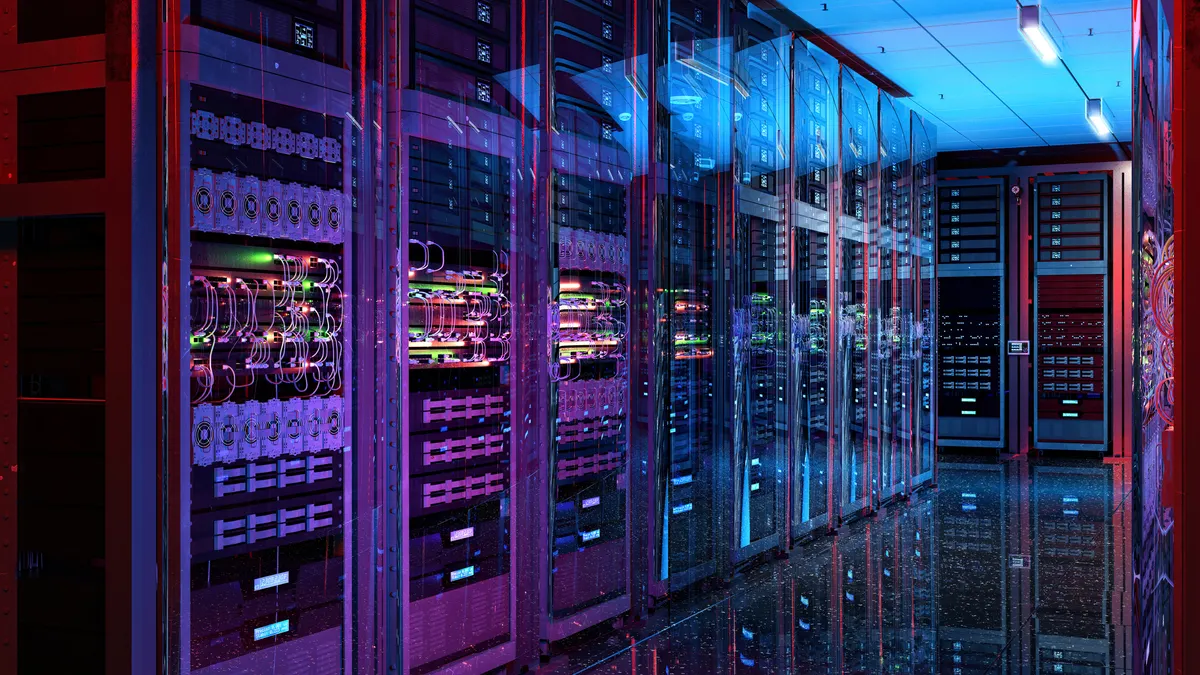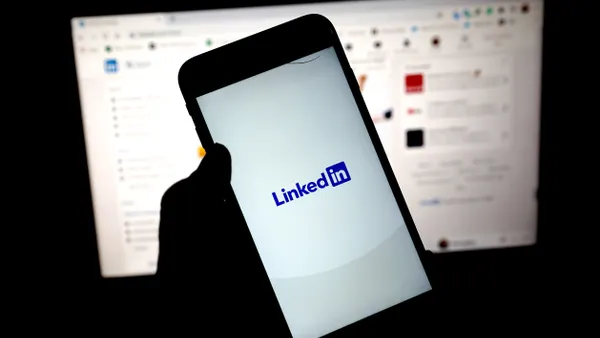Dive Brief:
- Only 10% of companies qualify as AI “future-ready,” according to the results of an Adecco Group survey of 2,000 C-suite leaders across 13 countries and a variety of industries. The talent firm defined “future-ready” as having structured plans to support workers, build skills and lead through disruption created by artificial intelligence.
- Companies struggling with the transformation have one thing in common, according to the report: They place unfair expectations on workers. The survey found that nearly two-thirds of organizations expect workers to proactively adapt to AI, but one-third have not instructed workers on how to use the technology, Adecco said.
- The small segment of companies that are AI future-ready also shared characteristics; 65%, for example, have adopted skills-based workforce planning and moved away from rigid job structures, according to the survey.
Dive Insight:
The Adecco report echoes a consistent theme: To support and guide talent through the ever-accelerating pace of AI and generative AI transformation, companies need a robust plan and cannot leave employees to navigate AI use on their own.
”The difference is the mindset,” Denis Machuel, Adecco Group’s CEO, said in a statement. “Future-ready organisations aren’t simply reacting to AI. Instead, these leaders are rethinking how their business works, how talent grows and how decisions are made.”
However, to agree on a talent strategy, senior leaders must first be united on core talent issues, such as the organizational barriers preventing talent improvement, Adecco said.
Also, if leaders expect their workforces to adapt to AI, they need to act as role models, the firm said. The survey found that only about a third of leaders worked to develop their own AI capabilities over the last 12 months.
Additionally, companies are lacking data, which Adecco called the missing foundation for workforce strategy. Just 33% are investing in data to understand and close skills gaps, its research showed.
Critical data includes understanding employees’ generative AI training needs, according to a May report by Amazon Web Services. Lacking this understanding — and not knowing how to implement the training programs — may prevent companies from creating robust training plans that properly upskill workers, the report said.
Two weeks ago, at a Workhuman conference, the founder of the AI Leadership Institute and one of the original Amazon team members who developed Alexa, emphasized HR’s critical role in making sure workers are prepared for the changes.
Organizations that have a future-ready mindset and have done the work see flexible, adaptable, tech savvy and proactive employees, Adecco said.











